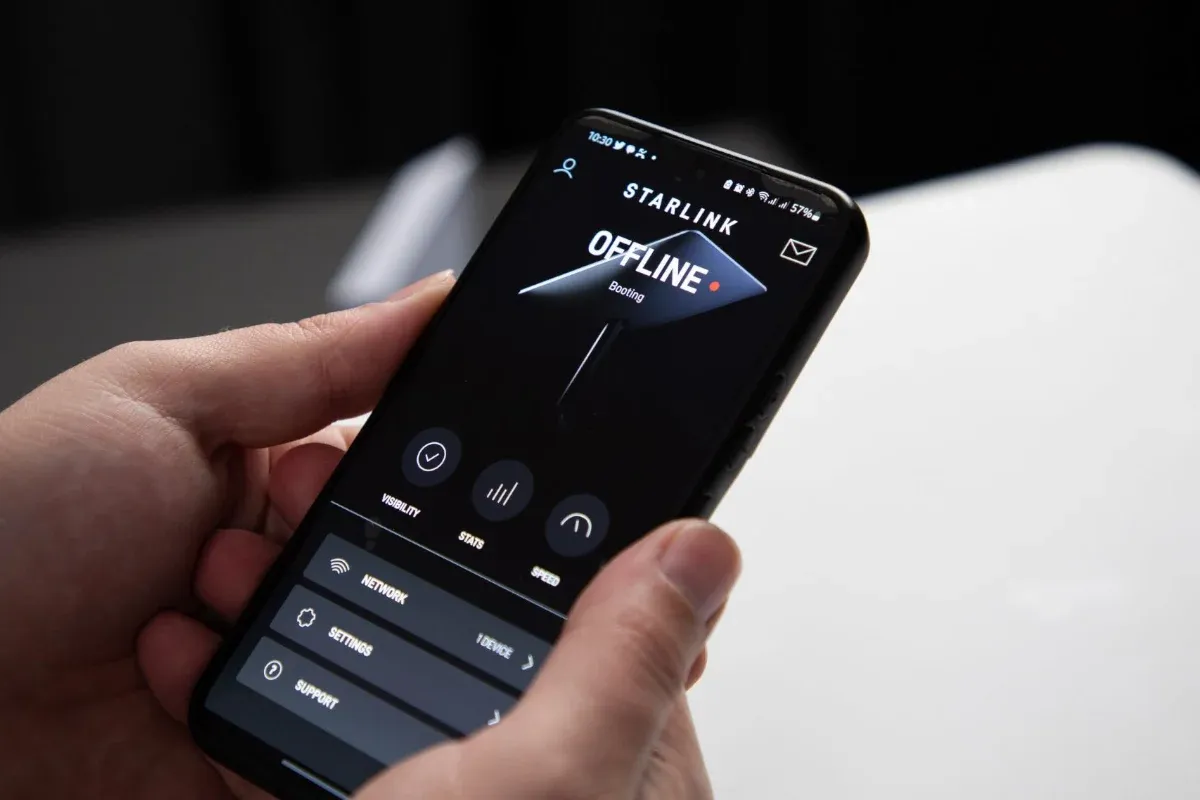Starlink has gone dark in Zimbabwe
The Southern African country's regulators have been on to the satellite internet service since September last year

Shortly after a government directive asking for a suspension of its operations in the country, Starlink temporarily halted its high-speed satellite internet service in Zimbabwe.
In the early hours of today, the Postal and Telecommunications Regulatory Authority of Zimbabwe (POTRAZ), the Southern African country's telecoms watchdog, instructed the company to switch off its connectivity, pointing out that the service is unlicensed to serve the populace.
In a formal correspondence to local subscribers who have been using the platform since it illegally found its way into the market, Space Exploration Technologies Corp. (SpaceX) informed that it is suspending access to its low earth orbit technology.
“You are currently using Starlink from unauthorized territory. As a result, Starlink has been directed by the Postal and Telecommunications Regulatory Authority of Zimbabwe (POTRAZ) to disable your service,” the shared email reads.
Starlink also pointed to shortcomings in its terms of service, explaining that its mobile plans cannot always be available due to several factors, chief of which is the ability to maintain regulatory approval. Its roaming capacity can be affected by a change of rules.
Zimbabwean regulators have been on to Starlink since September last year. While POTRAZ at some point looked willing to approve the service due to the lack of fiber-optic cables in the country, a U-turn soon negated those said intentions over security concerns.
At the start of the crackdown earlier this year, POTRAZ outrightly illegalized the service and threatened to detain people who use the service regardless of the ruling. In February, it penalized Chinese miner San He Mining Company $700 and confiscated its Starlink kit.
From the looks of it, Zimbabweans, who prefer Starlink to legacy internet services, particularly due to remote area coverage, continued using the service secretly, reportedly disguising them as solar panels.
This mirrors the situation in South Africa, where it has not been licensed but is increasingly opted by heavy users plagued by the country's worst-ever electricity crisis.






